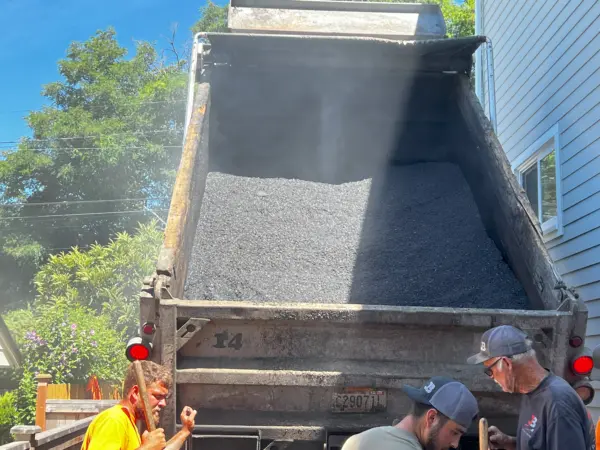
As the world grapples with the escalating impacts of climate change, a less talked about yet significant concern is emerging—the interaction between asphalt, rising temperatures, and the ensuing environmental and infrastructural challenges. With cities experiencing more days with temperatures soaring above 95°F, the traditional composition and utilization of asphalt is scrutinized.
How do rising temperatures exacerbate the issues surrounding asphalt?
Dr. Kevin Foster, who directs the Arizona Burn Center in Phoenix, emphasizes the immediacy of the issue by emphasizing how asphalt and concrete in direct sunlight can often reach surface temperatures as high as 180°F, which not only poses severe burn risks but significantly contributes to urban heat islands. During heatwaves, asphalt and concrete absorb and reflect a substantial amount of the sun’s energy, transferring the heat to the surrounding air, thereby escalating the overall air temperature.
The World Economic Forum (WEF) highlights the emission concerns tied to asphalt. When exposed to moderate solar radiation, emissions from road asphalt can surge by up to 300%, illustrating that both solar radiation and temperature significantly influence asphalt emissions. This revelation underscores asphalt as a notable source of air pollutants in urban areas, further stressing the urgency to reconsider conventional asphalt compositions and applications in the face of climate change.
Asphalt Performance in Rising Temperatures
As hotter days become more frequent, we must explore alternative materials that are less emission-intensive. The transition might not only mitigate the environmental impacts but also preserve the integrity of infrastructure, ensuring safer and more sustainable urban environments as the climate continues to change.
The Federal Highway Administration provides this table of issues, highlighting the need for more resilient roads materials.
| Examples of Temperature-Affected Components | |
|---|---|
| Climate Change Impact |
Affected Components and Strategies |
Rising Temperatures: Higher Average
|
Flexible Pavement
Rigid Pavement
|
Rising Temperatures:Higher Extreme
|
In addition to strategies listed above:
Flexible Pavement
Rigid Pavement
|
Learn about Modern Asphalt’s low-carbon materials and resiliency.
